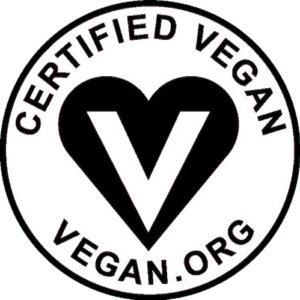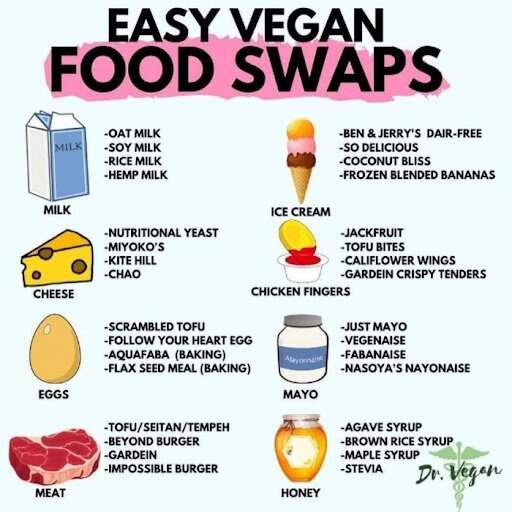If you have ever asked anyone why they became vegetarian or vegan, you know that the responses are as varied as the people you asked. Most responses will involve not wanting to eat meat or wanting to become healthier. A more recent reason is that people want to live in a more environmentally friendly manner.
Vegetarian vs. Vegan: Defined
Vegetarians and vegans do not eat any animal meats, including insects, fish & shellfish, nor animal proteins like gelatin or products from animal slaughter like fats or stocks.
Vegetarians do however eat many animal products that do not involve slaughter such as eggs, dairy products and honey. Vegans do not.
Vegans are more strict, and the vegan lifestyle eliminates the use of any products that involve animal exploitation or cruelty, for any purpose. This means no leather, wool, latex, and many cosmetics. Since veganism has become more popular, many stores now offer cruelty free clothes and cosmetics. Just look for the cruelty free or vegan logo.


The Health Benefits
Following either of these diets has been proven to support good health in many studies.
WebMD.com states that “Compared to the general population, the typical vegetarian has a lower body mass index (BMI), lower cholesterol, reduced risk of type 2 diabetes, and reduced risk of coronary artery disease.”
The same is true for vegans with a reduced risk for “cancers of the GI tract, breast, ovaries and uterus in women.”
Implementation / Finding Plant-Based Alternatives
If you decide to try out either diet, you will probably need to alter many of your go to recipes. No worries though. With so many people deciding to become either vegetarian or vegan, meat and dairy alternatives are available at your local supermarket.
Depending on your recipe, great alternatives for meat are tofu, seitan and jackfruit. Milk from cows, goats and the like are easily replaced with nut and grain ‘milks’, and vegan cheese and yogurt replacement options are everywhere these days. Eggs are probably the most difficult to replace, but there are alternatives out there and you don’t have to hunt them down.

Now that you have the scoop on vegetarian and vegan diets, it’s time to fire up the grill. Here are our favorite, tasty sources for vegetarian & vegan grilling.
The Vegan Society has “Eight of the Best Vegan BBQ Recipes” sure to be hits at your next BBQ or picnic. Start with vegan BBQ ribs with potato salad, a green salad, and end with a healthy & sweet baked pineapple for dessert. Yum!
Forks over Knives brings their “12 Best Summer Vegan Grill Recipes” to the table. There are delicious options here, from Carrot Hot Dogs to Grilled Watermelon and Honeydew Salad. Spoiler: the grilled melon recipe is absolutely delicious.
The BBC’s GoodFood.com offers up dozens of grilled recipes too. I can’t even begin to select just one. You’ll have to find your own.
These recipes can be enjoyed by anyone. Most of us can stand to add more fruits and vegetables into our diet, and what a great way to introduce young children to healthy eating than with these flavorful grilled options.
If you’re new to grilling, we’d like to recommend letting GNL Grill Master Robyn Lindars show you how to get started.
Finally, what is a summer gathering without great beverages? You could always have beer and wine, but why not try one of these amazing vegan/vegetarian cocktails from GNL presenter, The Paradise Bartender: the Blue Hawaian and the Pina Colada.


